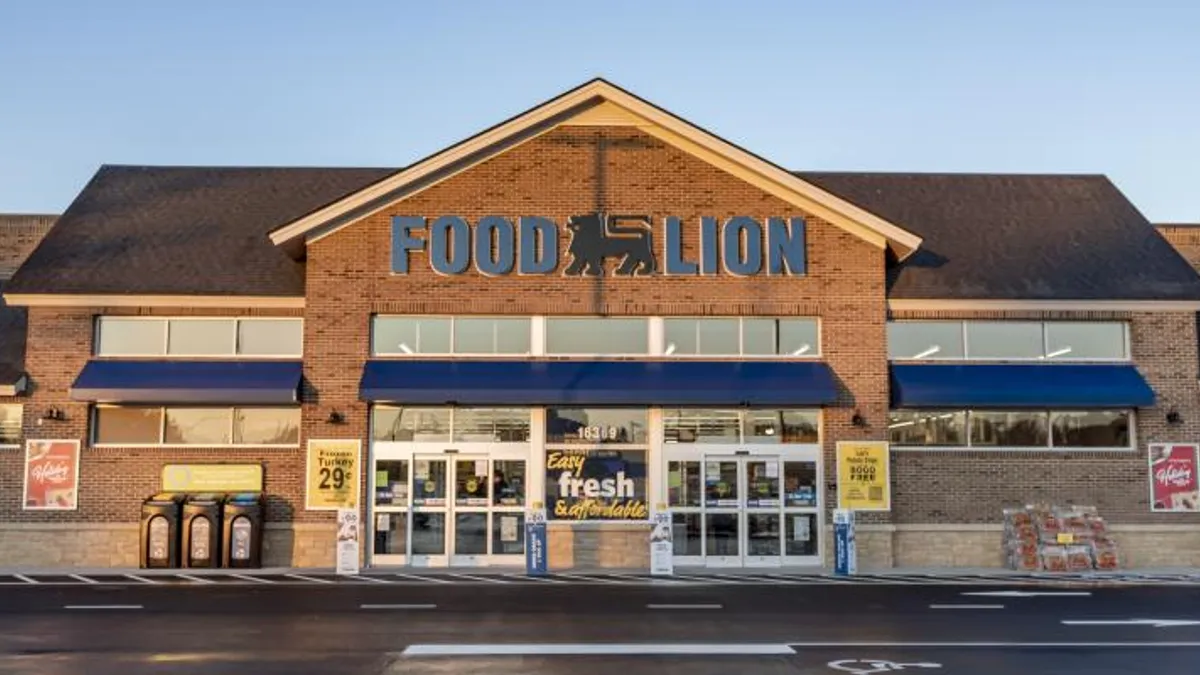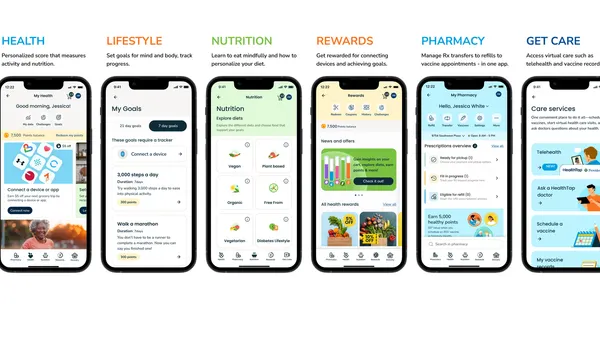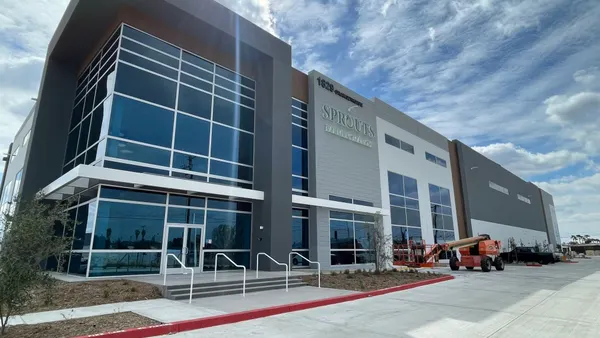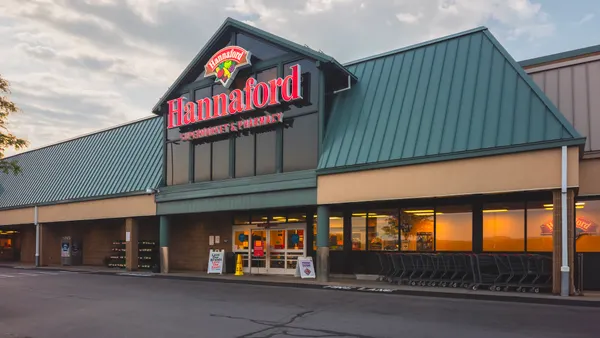From virtual summits to open sourcing calls, grocers are increasingly seeking to put brands with owners from long-underrepresented groups on their shelves.
For Food Lion, supplier diversity isn’t a burgeoning trend but rather a practice that’s been part of its business strategy for more than 30 years and is currently part of its day-to-day processes.
At the Ahold Delhaize banner, supplier diversity is not only a way to differentiate itself to customers but also to keep its shelf prices low, attract prospective brands and boost morale among its employees, LaTonya King, who leads the grocer’s diversity, equity and inclusion (DE&I) work, said in an email interview.
It also ties into larger company initiatives: “Supplier diversity supports our overarching DEI strategy,” King said.
King, who spent more than a decade in human resources and DE&I roles in the energy sector, joined Food Lion in September as the chain’s senior director of DEI, organizational development and recruiting.
Here’s a closer look at how Food Lion works with and promotes diverse suppliers.
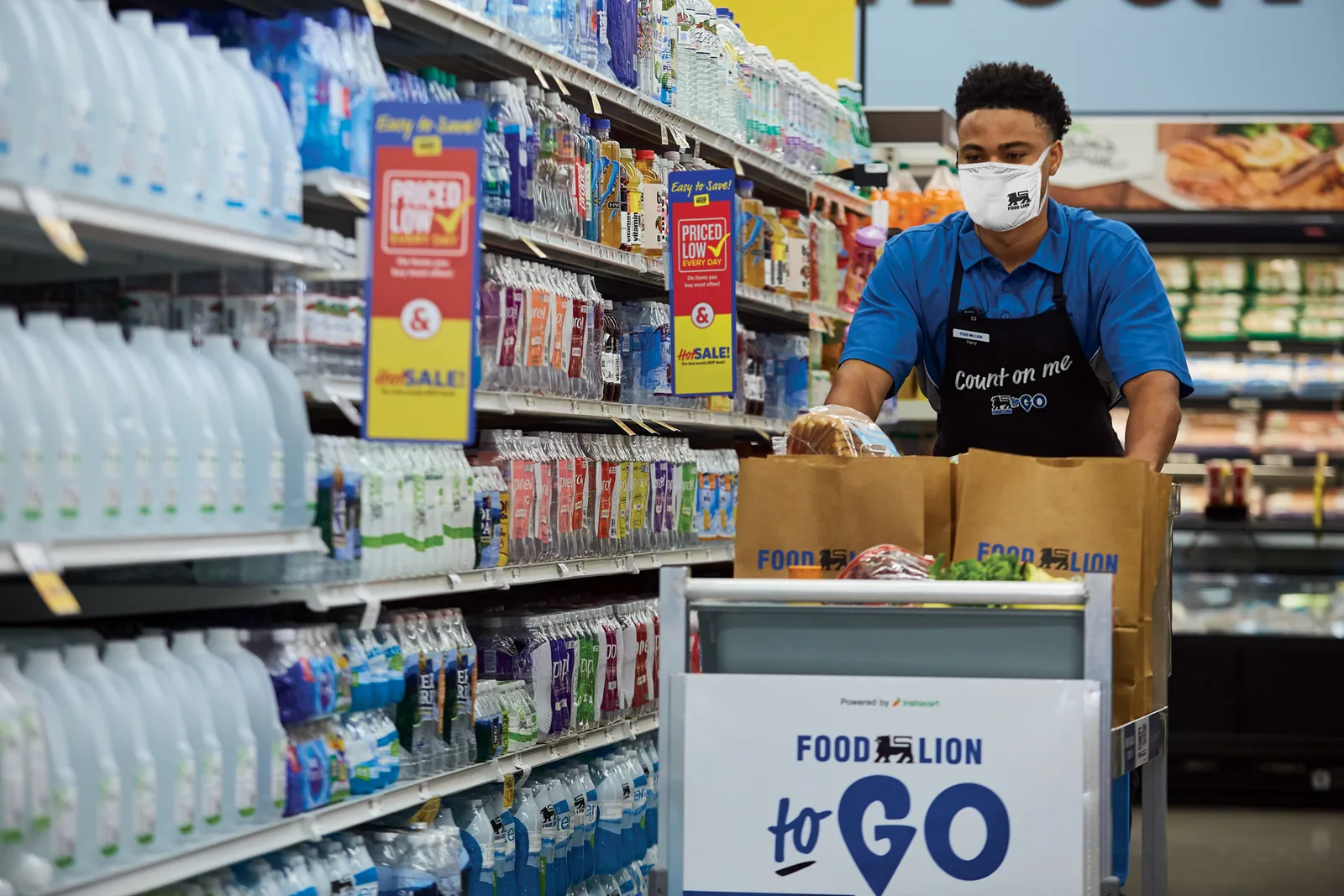
Inside Food Lion’s Supplier Diversity Program
Food Lion defines diverse suppliers as ones that are “at least 51% owned, operated and controlled by a minority, woman, veteran, person with a disability or a member of the LGBT community,” per its website. Its website lists parameters for qualifications brands must meet to be considered diverse suppliers. For example, the grocery chain says suppliers must be certified with third-party authorization attesting to their diverse business status. The grocer also lists the minority classifications it recognizes.
To connect with brands, the grocer encourages diverse brands to register on RangeMe, the product discovery platform it uses, or on SupplierGateway if the suppliers provide goods or services for the operations side, King said.
Food Lion’s DE&I Team helps connect diverse suppliers with the company’s supplier diversity manager and advocates for diverse and local businesses through marketing plans, sourcing initiatives and launches for products and services. As Food Lion assesses the performance of categories within its stores, the category teams work with the supplier diversity team to identify diverse suppliers to consider in assortment planning, King said.
King said the grocer’s “Local Goodness” program, which identifies and highlights locally sourced products, is a “key lever” for finding diverse-owned suppliers.
Food Lion also leverages a centralized supplier diversity program, which is supported by Peapod Digital Labs, to fuel its brand discovery, King said.
All told, Food Lion has 120 brands under its diverse supplier portfolio, which includes women-, Black-, Asian-, Hispanic-, Native-American, LGBT-, disability- and veteran-owned businesses, according to the grocery chain.
A supplier’s distribution capabilities impact how Food Lion decides whether the brand’s products get distributed locally, regionally or entirely across the chain, King noted. With more than 1,100 stores in 10 Southeastern and Mid-Atlantic states, distribution can be a challenge.
“[It] is often hard for any supplier that is not a national CPG brand, be it diverse-owned or not, to scale and serve all of Food Lion,” King said.
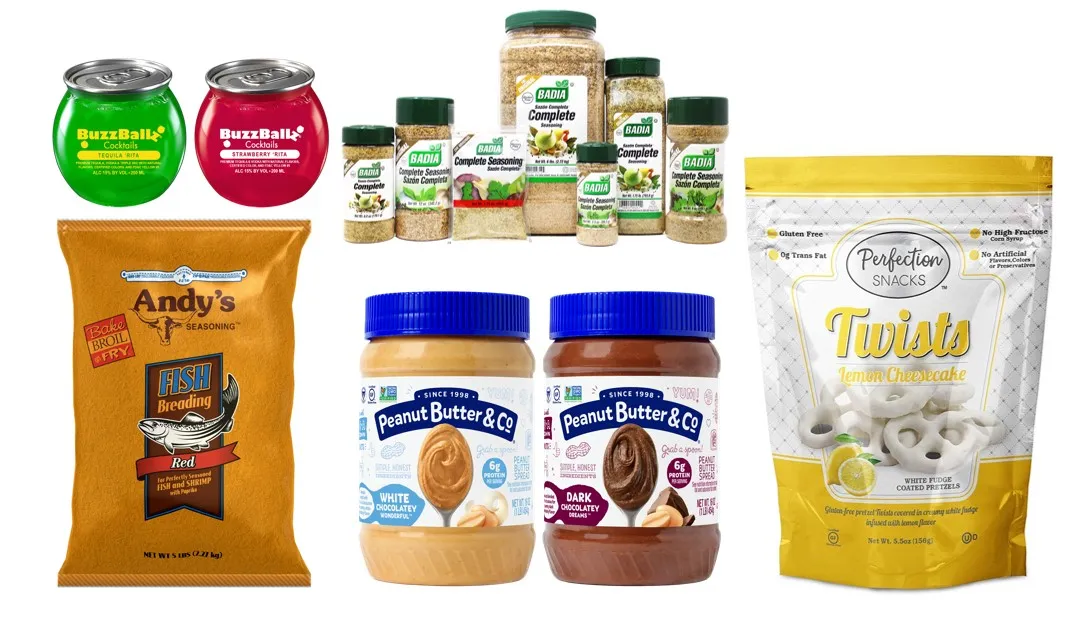
Spotlighting diverse brands
After finding brands, Food Lion employs several in-store and online merchandising strategies to help shoppers discover them.
“By featuring these products, and in calling out features beyond just their sale price, we are helping our customers shop based on what is important to them,” King said.
Food Lion features diverse-owned suppliers in its printed sales circular. Its online shopping platform includes a “Women-Owned Businesses” section where shoppers can shop products from each brand.
The grocer’s “Support Women-Owned Businesses” online aisle — in partnership with Women Owned, an initiative from the Women’s Business Enterprise National Council and WEConnect International — displays an array of products from companies run by female entrepreneurs. Items include 1-gallon jugs of sweet tea from Milo’s, ready-to-drink cocktails from Buzzballz, Caulipower pizza and Simek’s meatballs.
“These callouts won’t resonate with every customer – we realize that. But to some customers, it is a major purchasing driver,” King said.
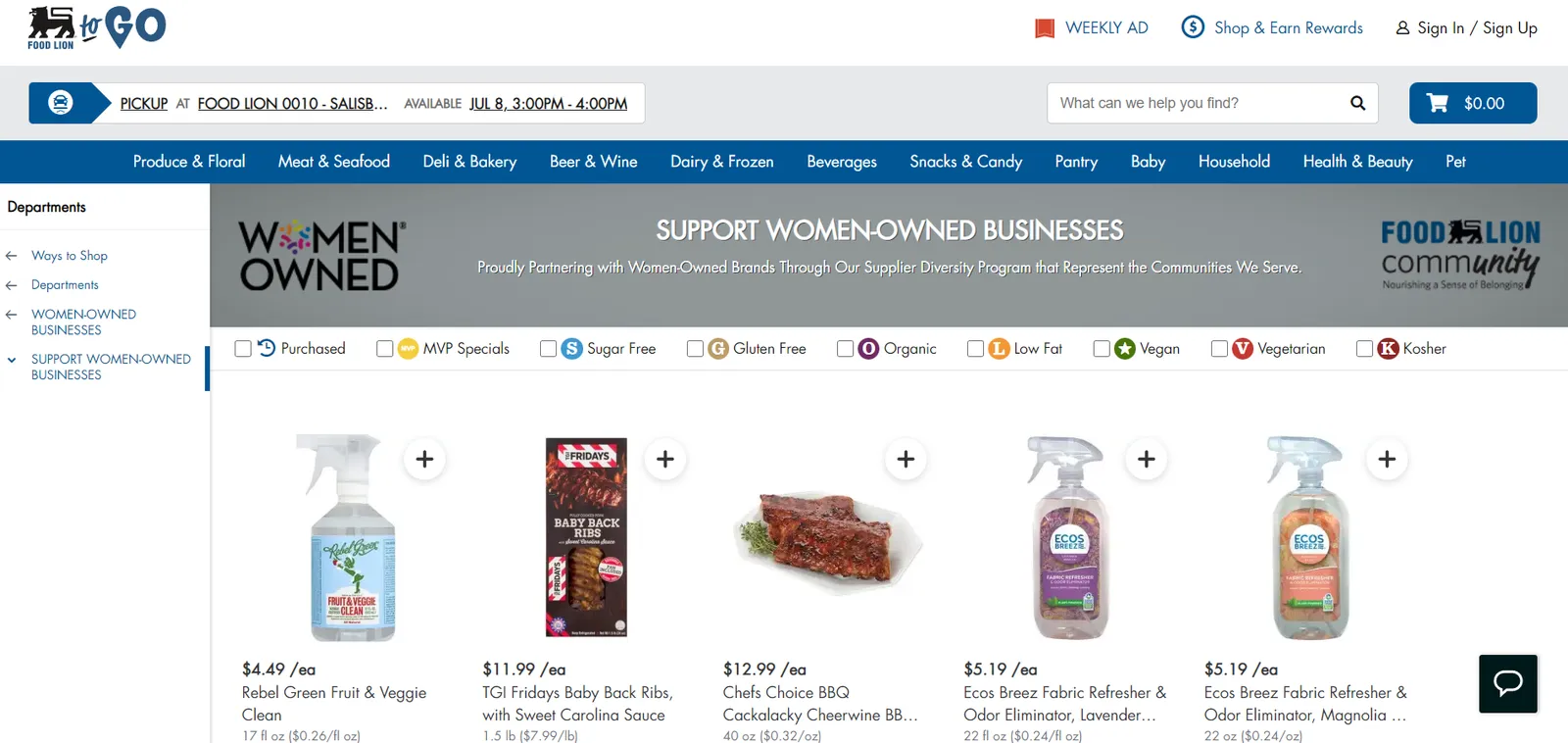
The intersection of local and diverse suppliers creates unique opportunities to highlight additional attributes, such as planet-friendly and community, that can align with customers’ interests.
“[L]ocal products are grown and made closer to our stores, making them an eco-friendlier option for our customers. By enjoying flavors from right down the road, we’re supporting suppliers that are essentially neighbors,” King said.
Along with consumer-facing strategies to promote brands, Food Lion has found that promoting its work on supplier diversity benefits its workforce. The chain touts its DE&I efforts, which include its supplier diversity program, under its “Careers” webpage.
In its annually associate engagement survey, the chain has received “strong results” in favor of its emphasis on DE&I, King said, noting that the chain’s continued work in this area is a “key driver in attracting and retaining associates.”



